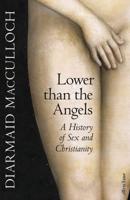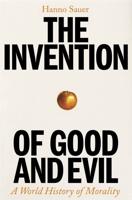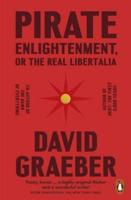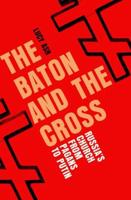Publisher's Synopsis
Excerpt from Translations and Reprints From the Original Sources of European History, Vol. 3
XVI. In the meantime the crusaders and the Venetians remained at Zara during the winter. They considered how great the expense had been and said to one another that they could not go to Babylon or Alexandria or Syria for they had neither provisions nor money for the journey. They had already used up everything they had, either during the sojourn that they had made or in the great price that they had paid for the vessels. They said that they could not go and, even if they should go, they would accomplish nothing; they had neither provisions nor money sufficient to support them.
XVII. The doge of Venice saw clearly that the pilgrims were ill at ease. He addressed them, saying: Sirs, Greece is a very rich land and bountifully supplied with everything. If we can find a sufficient excuse for going there and taking food and other things, so as to recuperate ourselves, it would seem to me advisable, and then we could easily go across the sea. Then the marquis 1 rose and said Sir, I was in Germany at the emperor's 2 court last Christmas. There I saw a young man who was the emperor's brother in law.3 This young man was the son of the emperor Kyrsae' of Constantinople from whom his brother had taken the empire of Constantinople by treason. Whoever could get this young man, said the marquis, could certainly go to the land of Co'nstantinople and take provisions and other things; for this young man is the rightful heir.
About the Publisher
Forgotten Books publishes hundreds of thousands of rare and classic books. Find more at www.forgottenbooks.com
This book is a reproduction of an important historical work. Forgotten Books uses state-of-the-art technology to digitally reconstruct the work, preserving the original format whilst repairing imperfections present in the aged copy. In rare cases, an imperfection in the original, such as a blemish or missing page, may be replicated in our edition. We do, however, repair the vast majority of imperfections successfully; any imperfections that remain are intentionally left to preserve the state of such historical works.









